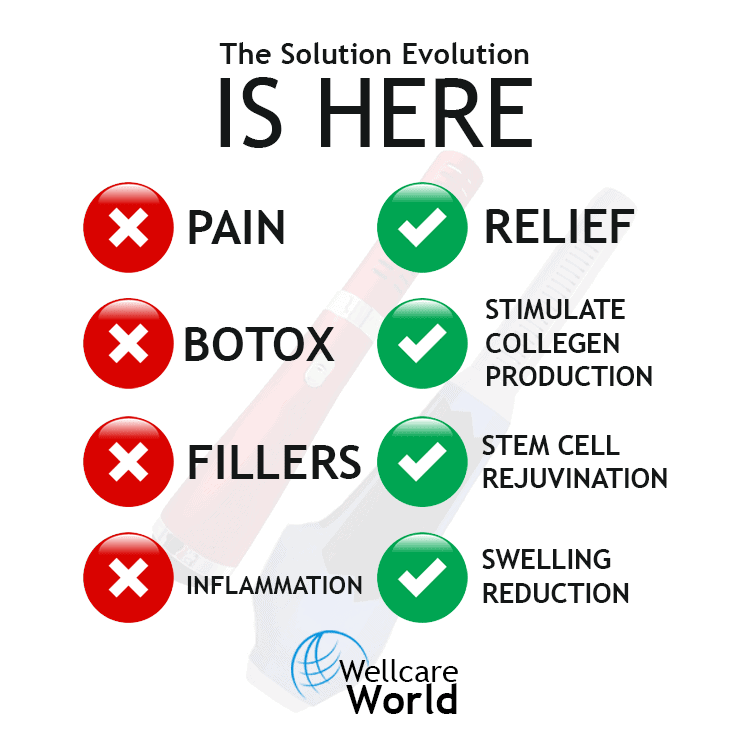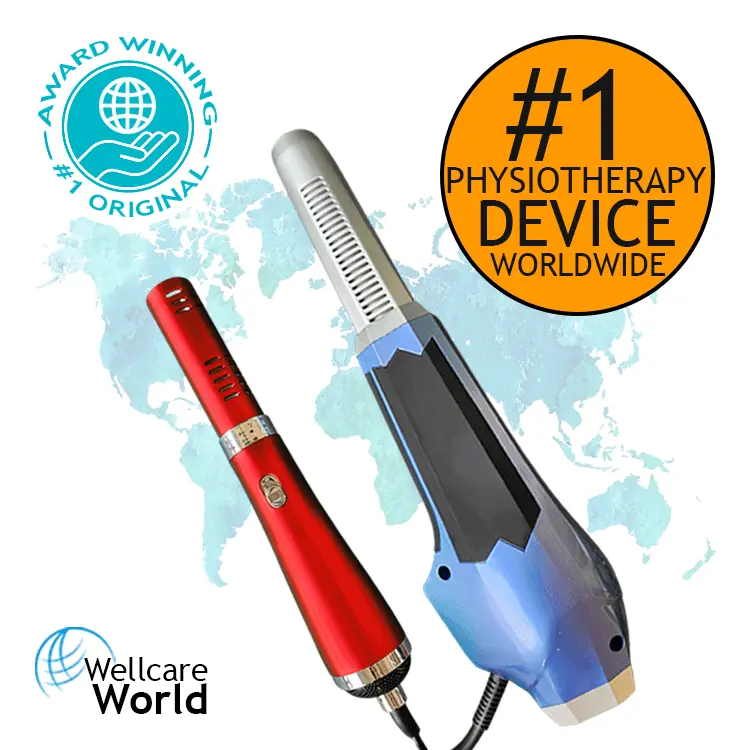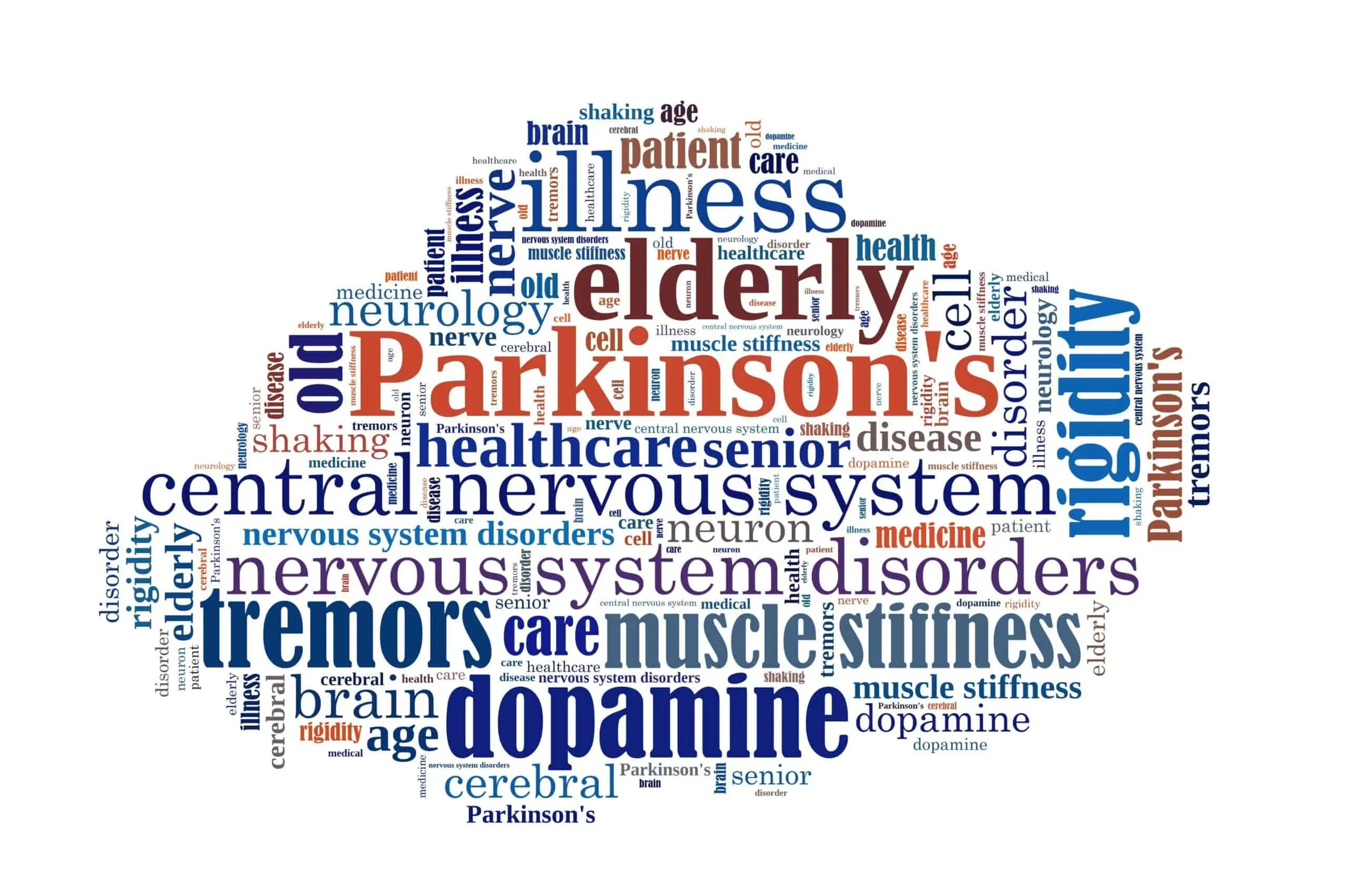Alzheimer’s disease is a type of neurodegenerative disorder that is characterized by cognitive decline, memory loss, and behavioral disturbances. It typically affects the elderly population and is one of the most common forms of dementia. According to the World Health Organization, approximately 50 million people worldwide are living with dementia, and Alzheimer’s disease accounts for 60 to 70% of dementia cases.
Currently, there is no medication available that can prevent or slow down the progression of Alzheimer’s disease. However, there are several ongoing studies investigating potential alternative treatments for this disorder. One area of interest is the use of terahertz (THz) technology, which is a type of electromagnetic radiation with frequencies between 1 and 10 terahertz. THz radiation has potential uses in communication, imaging, and sensing, and may also have therapeutic benefits for Alzheimer’s disease.
The Role of THz Radiation in Alzheimer’s Disease
The specific role of THz radiation in the formation and progression of Alzheimer’s disease is not yet fully understood. However, research has shown that THz radiation has the potential to impact the accumulation of amyloid-beta protein in the brain, which is thought to contribute to the development of Alzheimer’s disease.
Amyloid-beta protein is a major component of the senile plaques that form in the brains of individuals with Alzheimer’s disease. These plaques disrupt normal brain function and are thought to cause the cognitive and behavioral symptoms associated with this disorder. Some studies have suggested that THz radiation can boost brain activity and reduce the accumulation of amyloid-beta protein, potentially slowing down the progression of Alzheimer’s disease.
In a study published in the journal Biomedical Optics Express, researchers used THz radiation to investigate the vibrational modes of amyloid-beta protein in the brain. They found that THz radiation was able to distinguish between different forms of amyloid-beta protein, which could help in the development of more targeted treatments for Alzheimer’s disease.
THz Radiation as a Diagnostic Tool for Alzheimer’s Disease
In addition to its potential therapeutic benefits, THz radiation may also be useful as a diagnostic tool for Alzheimer’s disease. Currently, the diagnosis of Alzheimer’s disease relies on clinical evaluation, cognitive testing, and imaging techniques such as magnetic resonance imaging (MRI) and positron emission tomography (PET).
However, these techniques can be expensive and time-consuming, and may not provide a definitive diagnosis. THz radiation has the potential to detect changes in the vibrational modes of molecules, which could provide a non-invasive and cost-effective way to diagnose Alzheimer’s disease.
A study published in the journal Scientific Reports investigated the use of THz radiation as a diagnostic tool for Alzheimer’s disease. The researchers used THz imaging to study brain tissue samples from individuals with Alzheimer’s disease and healthy controls. They found that THz imaging was able to distinguish between the two groups based on differences in the vibrational modes of molecules in the brain tissue.
While these findings are promising, more research is needed to validate the use of THz radiation as a diagnostic tool for Alzheimer’s disease.
The Potential Risks of THz Radiation
As with any form of radiation, there are potential risks associated with the use of THz radiation in the treatment of Alzheimer’s disease. High levels of THz radiation exposure can cause damage to DNA and other biological molecules, leading to cell death and potentially increasing the risk of cancer.
However, THz radiation is generally considered safe for use in medical applications, as the levels of radiation used are typically much lower than those associated with harmful effects. Nevertheless, further research is needed to fully understand the potential risks and benefits of using THz radiation in the treatment of Alzheimer’s disease.
Future Directions for THz Technology in Alzheimer’s Disease Research
While research into the use of THz radiation in Alzheimer’s disease is still in its early stages, there is promising potential for this technology to be used as both a diagnostic tool and a therapeutic intervention. However, more research is needed to fully understand the mechanisms by which THz radiation may impact the accumulation of amyloid-beta protein and other molecular changes associated with Alzheimer’s disease.
In addition, more research is needed to explore the safety and potential risks of THz radiation in the treatment of Alzheimer’s disease, as well as to develop more targeted and effective treatment strategies.
Conclusion
Alzheimer’s disease is a complex and devastating neurodegenerative disorder that currently has no cure or effective treatment to slow its progression. However, the use of terahertz (THz) technology shows promising potential as a diagnostic tool and therapeutic intervention for Alzheimer’s disease.
Research has shown that THz radiation can impact the accumulation of amyloid-beta protein in the brain, potentially slowing down the progression of Alzheimer’s disease. THz radiation may also be useful as a diagnostic tool, providing a non-invasive and cost-effective way to diagnose Alzheimer’s disease.
However, more research is needed to fully understand the mechanisms by which THz radiation may impact Alzheimer’s disease, as well as the safety and potential risks of using this technology in the treatment of this disorder. With continued research and development, THz technology may offer new hope for the diagnosis and treatment of Alzheimer’s disease.

Offered by Wellcare World
Trending Also -> Physiotherapy Technology TeraMD
Wellcare World specializes in providing the latest advancements in wellness technology, supplementation, and lifestyle changes that improve health and increase the quality of people’s lives.
To learn more, visit WellcareWorld.com and begin living a better life today.








